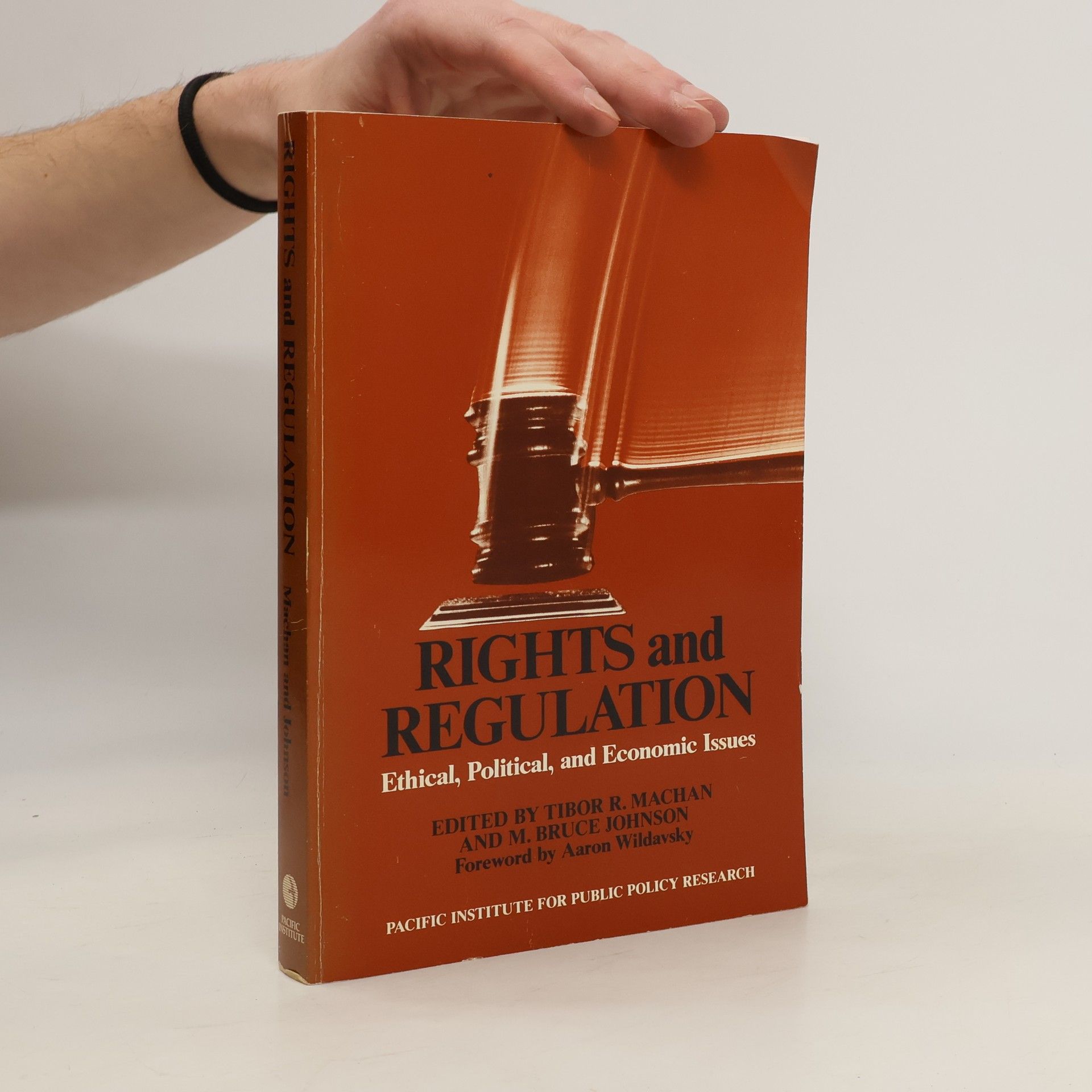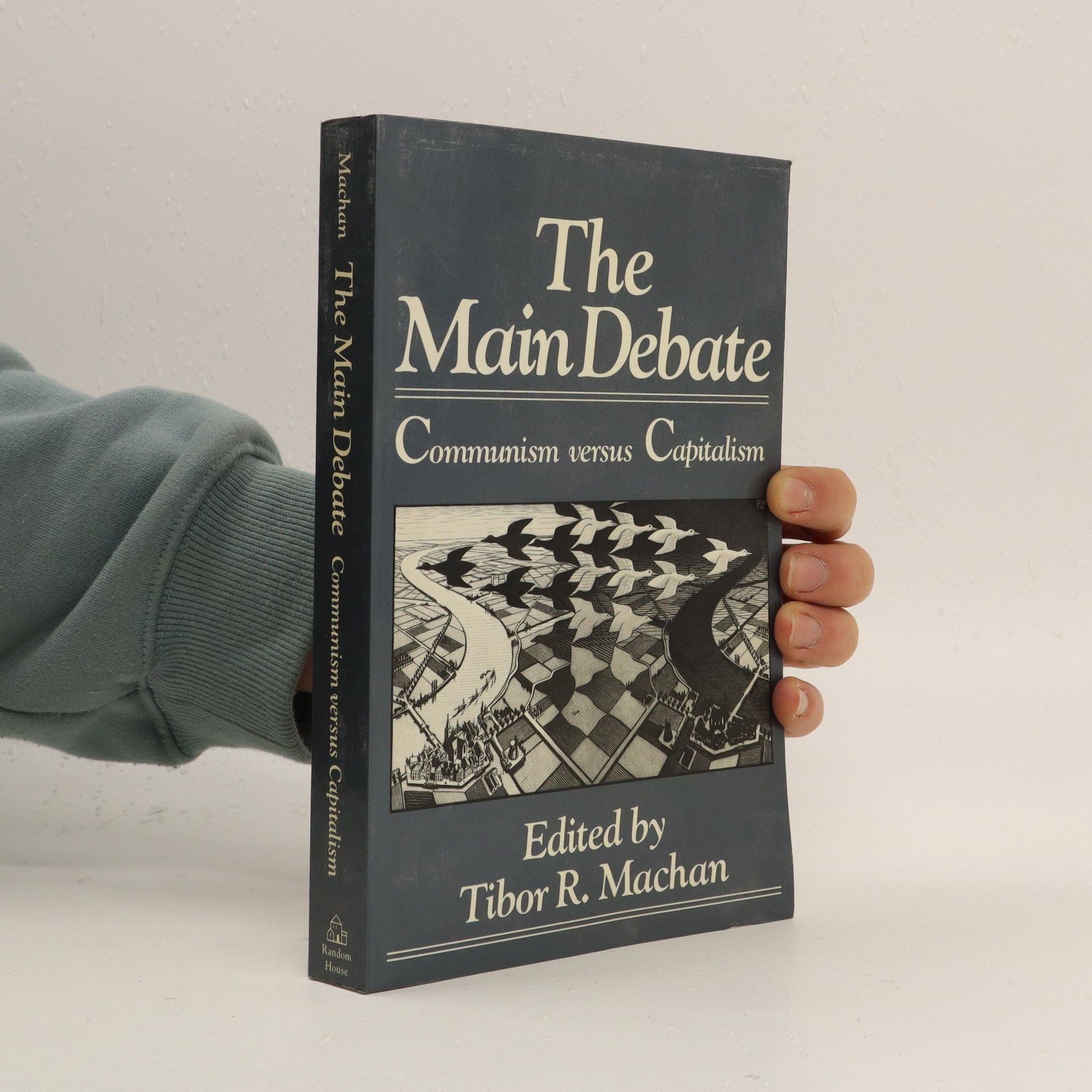The purely economic view of individualism, homo economicus, cannot provide a basis for understanding human reality. Machan mounts a robust argument for a conception of the individual that recognizes the values of the free market and civil liberties but avoids licensing the unbridled pursuit of self-interest.
Tibor R. Machan Book order (chronological)
March 18, 1939 – March 24, 2016



The main debate : communism versus capitalism
- 481 pages
- 17 hours of reading
The Main Communism versus Capitalism 0394358201